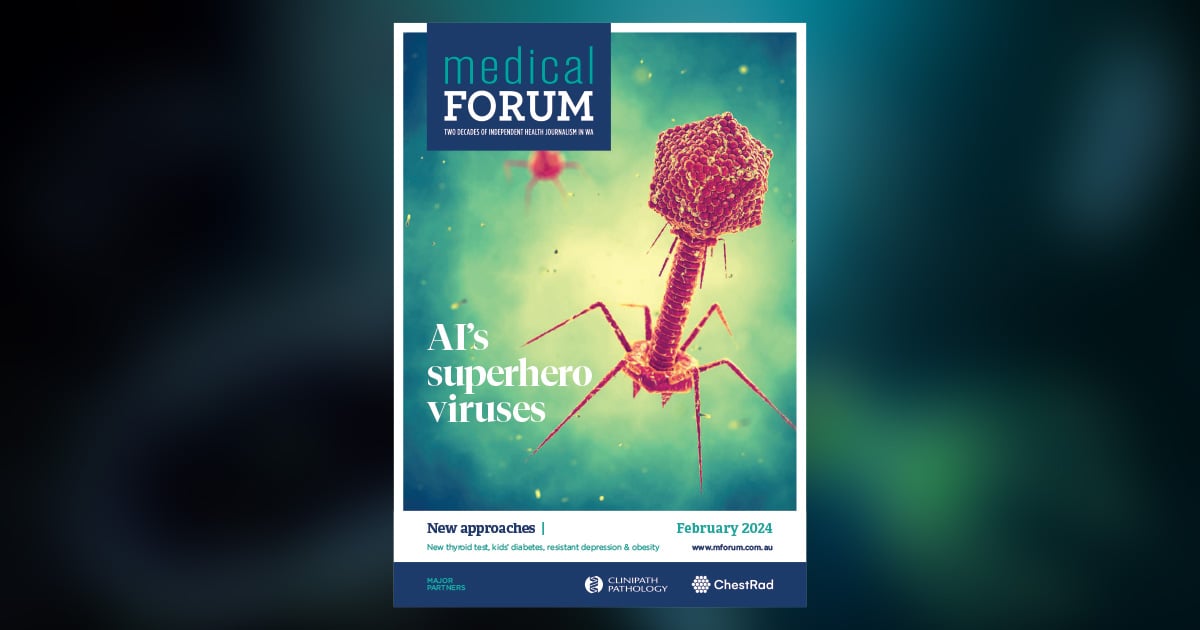Search

News & Events
Combatting Antibiotic-Resistant Superbugs: Phage Therapy's Role Explored in Medical Forum WA MagazineOn the front cover of this month’s Medical Forum WA Magazine - Superhero viruses, #AI and the final phage.

News & Events
A BRIGHT day for little lungsFamilies affected by bronchiectasis gathered in Kings Park recently for a special event hosted by the BRIGHT Study team, celebrating community, connections, and conversations.

Phagocyte extracellular traps in children with neutrophilic airway inflammation Childhood lung infection is often associated with prominent

Overcoming Challenges to Make Bacteriophage Therapy Standard Clinical Treatment Practice for Cystic Fibrosis Individuals with cystic fibrosis (CF)

An adapted novel flow cytometry methodology to delineate types of cell death in airway epithelial cells Cystic fibrosis (CF) lung disease is

Reply to Turnbull et al. and Hulme et al. Reply to Turnbull et al. and Hulme et al. Authors: Oded Breuer, Andre Schultz, Lidija Turkovic, Nicholas de

Aspergillus Infections and Progression of Structural Lung Disease in Children with Cystic Fibrosis Rationale: Recent data show that Aspergillus

Changing Prevalence of Lower Airway Infections in Young Children with Cystic Fibrosis Aspergillus is a type of fungus that is found everywhere in

Identifying pediatric lung disease: A comparison of forced oscillation technique outcomes Abstract Rationale Increasing evidence suggests the forced

The role of geographical location and climate on recurrent Pseudomonas infection in young children with Cystic Fibrosis Abstract Objectives: To
